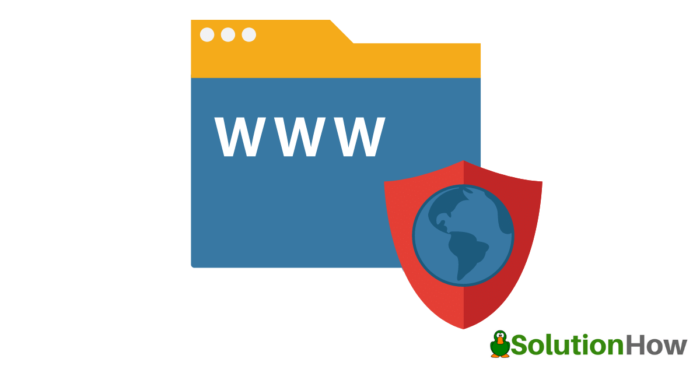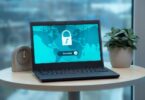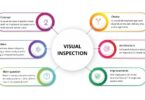
VPN
During the quarantine, many people were forced to stay at home, so the issue of personal data protection has become very important. Download a Surfshark VPN can protect your data and privacy, Everyone is in the risk of having their traffic intercepted by third parties: whether it’s a remote job where a user exchanges important files and conducts confidential correspondence or just casual surfing the Internet.
VPNs (Virtual Private Networks) work in the following way:
- a special program creates a digital tunnel that redirects user’s traffic thus, ensuring the protection of the connection;
- the connection goes through remote servers thus, masking the user’s IP address. It is also possible to add encryption and other security features.
VPN makes the user’s identification on the network almost impossible and this is exactly how it allows you to protect your device from being accessed by wrongdoers.
Threats while working from a home network
The biggest threat you can face when using your home network is your internet provider. You cannot be sure that he does not sell your data and the history of your actions on the Internet to interested parties.
A secure VPN connection encrypts your digital footprint, making it extremely difficult to intercept. Even if attackers manage to do this, it is almost impossible to decipher them.
Another reason to use a VPN at home is to bypass government surveillance and censorship and to hide from tiresome advertisers. Also, while using a virtual network, you can view related search results, which are relevant for a specific region (as if you were a resident). This feature is relevant both for ordinary users and, as an example, for SEO specialists who work from home.
Main advantages of using VPN
- The ability to bypass geographical restrictions. When you connect via a virtual network, you use a different server in a location that is different from yours. This allows you to avoid IP blocking and limitations by countries or by specific websites. If getting access to certain resources is required for your work, you may want to consider picking a VPN provider that has a widespread network of servers. For example, VPN-provider RusVPN offers users over 338 servers in over 45 countries.
- Safe internet surfing via public Wi-Fi networks. If you work remotely or freelance, it may be necessary to leave your home workplace and go to a cafe or other public place where there is access to the network. For example, if your home has a power cut due to renovation work. An open Wi-Fi network can be used by hundreds of people at the same time. And there may be intruders among them. They are capable of stealing unencrypted data: usernames, passwords, credit card numbers, cookies, and other identifying information from web browsers and mobile applications. Enabling VPN makes you invisible to strangers. Use of a VPN is exceptionally important if you move frequently and use free Wi-Fi networks to work and to exchange important data with colleagues or just make purchases that require entering your bank card information.
- Avoid Price Discrimination. All sites that sell any kind of service can determine your location. They then display prices for the region you are in. These websites take into account the average income in your country, the number of people who wanted to buy a similar thing at the same time as you, airline tickets in the same direction, etc. All this information affects the final cost of a product or service. Using a VPN allows you to choose the best option and save money.
Key points to keep in mind when choosing a VPN for home use.
1.VPN does not protect you from viruses and does not block all malicious sites
VPN is not an all-knowing or all-seeing tool, so using a malware blocker and antivirus software is more secure.
2. Using a VPN can slow down your internet connection
If the VPN provider’s servers become overloaded, your connection’s bandwidth may be compromised. The connection speed can also decrease due to the remoteness of the server. In some cases, changing the server can solve the problem. For example, using a server that is not too far from where you are. Nevertheless, many VPN providers have dealt with this problem by optimizing speed and performance so that VPN users can watch streams or play online without interruption.
Summary
VPN technology consists of two layers. The first is the internal network, while the second one is external. When connected to a VPN, the system first identifies your network and then sends an authentication request. This process can be compared to authorization on a social network, but in our case, everything happens through secure protocols. The internet provider is not involved in this process.
Thereby, a VPN masks the route of your traffic and encrypts data, hiding the actions that you take on your computer, tablet, or smartphone from strangers. But whether or not to use a virtual private network at home depends on your preferences, your activity (if you work remotely and need to protect confidential data), and the reliability of your internet service provider.






You must be logged in to post a comment.